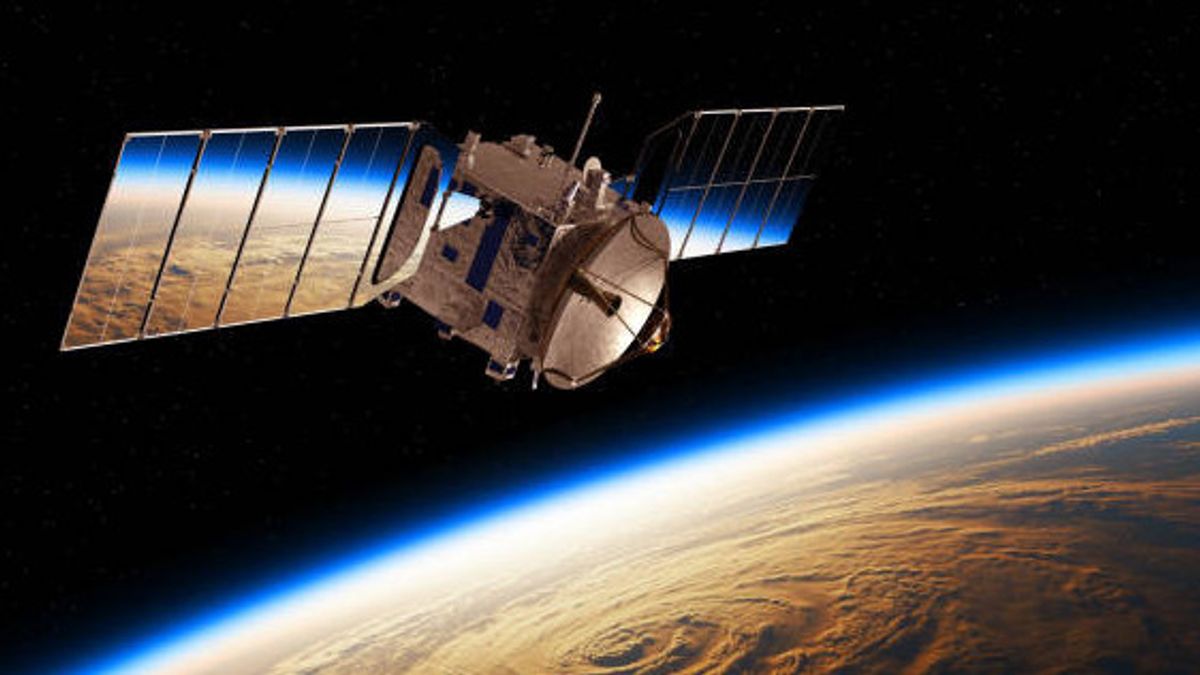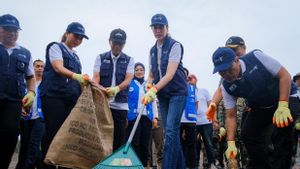JAKARTA - The US Federal Communications Commission (FCC) voted 4-0 on Thursday, September 29 to adopt new rules to address the increased risk of orbital debris for space exploration by shortening the time to remove dead satellites.
The FCC chose to require post-mission low-orbital satellite disposal within five years. The agency previously recommended satellite operators in low-Earth orbit to ensure the spacecraft re-enter Earth's atmosphere within 25 years.
"This means more accountability and less risk of a collision that increases orbital debris and a possible space communications failure," said FCC chairman Jessica Rosenworcel, quoted by Reuters.
US telecommunications regulator noted that of the 10,000 satellites deployed since 1957, more than half were no longer functioning.
"The dead satellites, the discarded rocket cores, and other debris now fill the space environment, creating challenges for today's and future missions," the FCC said. They noted there were more than 4,800 satellites operating in orbit at the end of last year, and most of them are commercial low-Earth orbit satellites.
"The second space zone is here. In order to continue to develop, we need to do more to clean ourselves so that space innovations can continue to respond," said Rosenworcel.
"NASA has funded several academic studies on space debris, and a group of bipartisan senators have introduced legislation to begin developing debris removal technology in the United States," said FCC Commissioner Geoffrey medians.
He said the new rule would bend the debris proliferation curve. It will also reduce collisions and free up resources that should have been used to try to avoid them.
calms warns that without a safe operating environment, the risk of debris could rise from financial considerations to a danger that makes investors think twice, and could complicate operations in a way that slows down or restricts new space efforts while increasing the cost per mission.
The English, Chinese, Japanese, Arabic, and French versions are automatically generated by the AI. So there may still be inaccuracies in translating, please always see Indonesian as our main language. (system supported by DigitalSiber.id)













